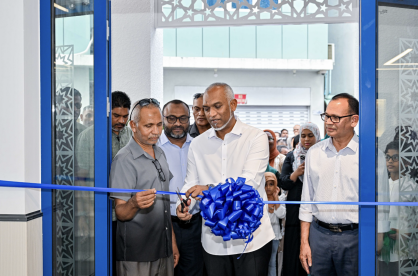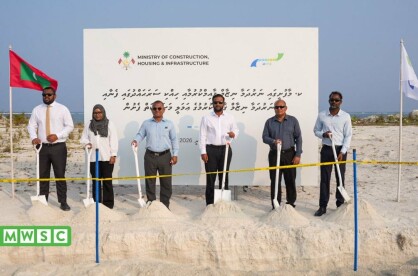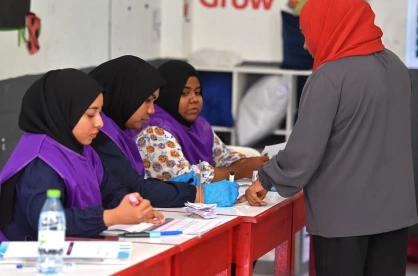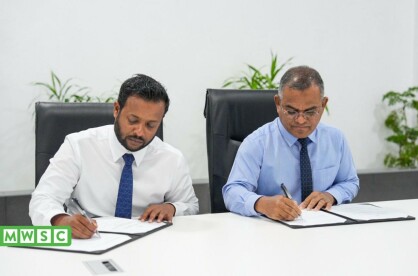As the Maldives grapples with a growing debt crisis, the government has recognized the urgent need to enhance the efficiency and profitability of State-Owned Enterprises (SOEs) and government companies. In recent years, concerns have mounted over the financial performance of these entities, with many operating at a loss or struggling to meet their revenue targets. The pressure to address these challenges has intensified as the country seeks to stabilize its economy and ensure the sustainability of public finances.
In response to these concerns, President Dr. Mohamed Muizzu has announced a series of strategic measures aimed at reforming government companies and SOEs. The most significant of these measures involves the potential merger of several key state-owned entities, a move that the government hopes will create synergies, streamline operations, and ultimately improve profitability. This initiative was revealed by President Muizzu in a video message posted ahead of a critical cabinet meeting scheduled for September 1, 2024, where these proposals will be thoroughly discussed.
Key proposals for SOE reform:
1. Transfer of Regional Airports to MACL:
One of the major proposals under consideration is the transfer of the Regional Airports Company, which manages airports across the provinces, to the Maldives Airports Company Limited (MACL). MACL, which operates the main international gateway to the Maldives, Velana International Airport, has a proven track record in airport management and operations. By consolidating airport management under MACL, the government aims to enhance operational efficiency, reduce duplication of efforts, and leverage MACL's expertise to improve the performance of regional airports.
2. Merger of Business Center Corporation (BCC) and Fund Management Corporation:
The government is also exploring the possibility of merging the Business Center Corporation (BCC), which supports small and medium-sized enterprises, with the Fund Management Corporation. This merger is expected to streamline the provision of financial and business support services, creating a more cohesive and effective framework for nurturing entrepreneurship and economic growth in the Maldives.
3. Transfer of Fahi Dhiriulhun Corporation (FDC) to Housing Development Corporation (HDC):
The Fahi Dhiriulhun Corporation (FDC), responsible for constructing affordable housing units, may be transferred to the Housing Development Corporation (HDC), which manages urban development projects, including the uptown area of Hulhumalé. By integrating these two entities, the government aims to optimize the delivery of housing projects, ensuring that resources are allocated more efficiently and that housing developments are aligned with broader urban planning strategies.
These proposed mergers and transfers are part of a broader strategy to reform the public sector and ensure that government companies contribute positively to the nation's economy. The recent decision to transfer the financially troubled FENAKA Corporation to the State Trading Organisation (STO) is another example of the government's commitment to addressing inefficiencies and improving the financial performance of SOEs.
According to President Muizzu, the proposed mergers will bring several benefits to the citizens of the Maldives. By consolidating operations, the government expects to achieve significant cost savings, improve service delivery, and enhance the overall performance of these entities. The creation of synergies between merged companies will allow for better resource allocation, reduced overheads, and increased operational efficiency.
Furthermore, these reforms are expected to strengthen the governance of SOEs, making them more accountable and transparent in their operations. This is particularly important as the government seeks to rebuild public trust and ensure that taxpayer funds are used effectively to support the country's economic development.






